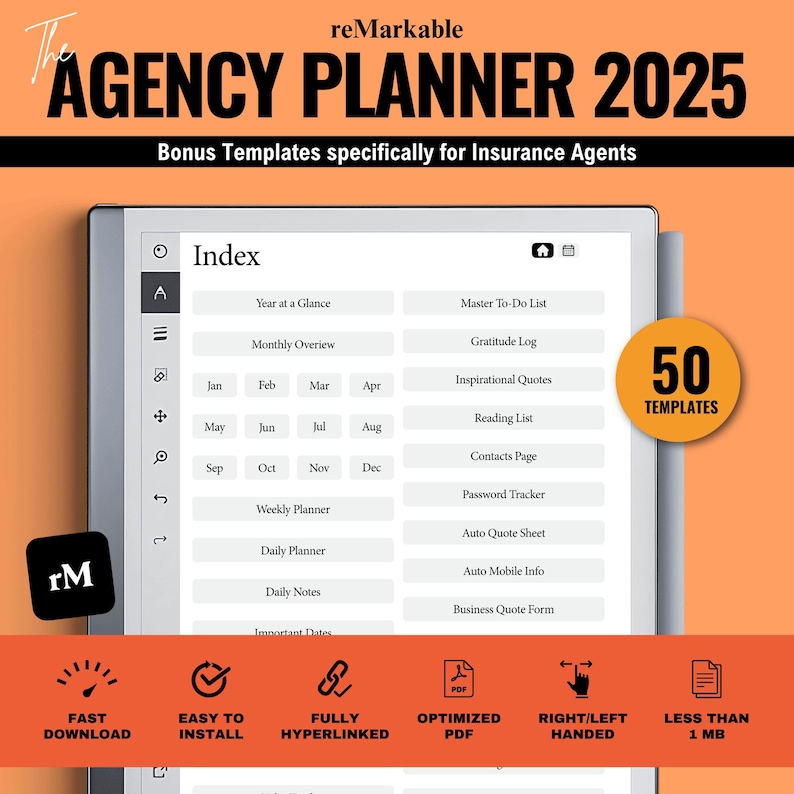Hey there, freelancers and gig workers! Navigating the world of health insurance can feel like a daunting maze, especially when you’re managing your own schedule and income. Unlike traditional jobs, where health coverage often comes as part of the package, being your own boss means you have to take the reins on finding the right plan. But don’t worry—we’ve got your back! In this article, we’ll share easy-to-understand tips to help you find health insurance that fits your unique lifestyle and budget, so you can focus on what you do best—doing your thing with peace of mind. Let’s dive in!
Table of Contents
- Understanding Health Insurance Options Available for Freelancers
- Maximizing Benefits Through Health Savings Accounts and Tax Credits
- Choosing the Right Plan Based on Your Unique Work and Lifestyle Needs
- Tips for Staying Covered on a Budget Without Sacrificing Care
- Closing Remarks
Understanding Health Insurance Options Available for Freelancers
When navigating health insurance as a freelancer, it’s essential to know that you have a variety of tailored options to suit your unique lifestyle and budget. From government marketplaces offering subsidized plans to private insurers with flexible coverage, you’re not limited to just one path. Freelancers can opt for traditional health insurance, Health Savings Accounts (HSAs) paired with high-deductible plans, or even explore associations and freelancer unions that provide group health coverage. Doing some research upfront helps you weigh the pros and cons, ensuring you select a plan that covers the essentials without breaking the bank.
Beyond standard plans, don’t overlook the benefits of alternative arrangements designed with gig workers in mind. Some plans offer telehealth services, preventative care, and prescription discounts tailored specifically for busy freelancers. To stay organized, keep an eye on renewal dates and eligibility periods, and consider working with an insurance broker who specializes in freelance clients—they can help clarify confusing jargon and uncover hidden benefits you might miss on your own. With thoughtful planning, health insurance becomes not just a safety net but a tool to empower your freelance journey.
- Marketplace Plans: Affordable options with potential subsidies based on income.
- Private Insurance: More customizable but usually higher premiums.
- Freelance Unions & Associations: Group buying power for competitive rates.
- HSAs: Tax-advantaged accounts combined with high-deductible plans.
- Short-Term Insurance: Temporary coverage during gaps in full insurance.
Maximizing Benefits Through Health Savings Accounts and Tax Credits
Freelancers and gig workers often face unpredictable expenses, making it crucial to leverage financial tools that can ease the burden of healthcare costs. One powerful option is a Health Savings Account (HSA), which allows you to contribute pre-tax dollars to cover qualified medical expenses. What sets HSAs apart is that the funds roll over year after year, giving you flexibility to save for future healthcare needs or even retirement medical expenses. Plus, contributions are tax-deductible, reducing your taxable income, while withdrawals for qualified expenses remain tax-free—a win-win situation for savvy health budgeters.
Additionally, understanding and utilizing available tax credits can make your health coverage more affordable. Freelancers often qualify for premium tax credits through the Health Insurance Marketplace, which can significantly lower monthly insurance premiums. Before enrolling, be sure to explore eligibility based on your income level, household size, and filing status. Remember to keep accurate records and consider consulting with a tax professional to optimize both your HSA contributions and tax credit claims. Combining these strategies empowers you to save money while staying protected, turning complex health expenses into manageable investments in your wellbeing.
Choosing the Right Plan Based on Your Unique Work and Lifestyle Needs
When it comes to selecting a health insurance plan, understanding the nuances of your daily routine and work setup is key. Freelancers and gig workers often juggle varied schedules, fluctuating incomes, and unique health needs, which means a one-size-fits-all approach simply won’t cut it. Take some time to assess how often you visit doctors, what kind of medical services you anticipate needing, and how comfortable you are with out-of-pocket expenses. For example, if your work requires frequent travel or if you have ongoing prescriptions, consider plans with broader provider networks and prescription coverage, even if the monthly premium is slightly higher.
Another important factor is flexibility—your insurance should adapt as your lifestyle shifts. Look for plans that offer telehealth options, wellness benefits, or even customizable add-ons like dental or vision coverage. Don’t overlook the value of plans that provide preventive care without added costs, which can save money and keep you healthy in the long run. Here’s a quick checklist to keep in mind:
- Monthly premium vs. deductible: What fits your budget?
- Provider network size: Are your preferred doctors included?
- Coverage for specialists or mental health: Do you need it?
- Additional perks: Wellness programs, telemedicine, etc.
Choosing insurance isn’t just about ticking boxes—it’s about aligning your plan with the way you live and work, so you can focus on your passions without worrying about unexpected medical costs.
Tips for Staying Covered on a Budget Without Sacrificing Care
Balancing affordability with comprehensive coverage is entirely possible when you get strategic about your health insurance choices. Start by exploring health plans with different deductible levels. A higher deductible plan often comes with lower monthly premiums, which can be great if you’re generally healthy and don’t expect frequent medical visits. Pair this with a Health Savings Account (HSA) to set aside pre-tax dollars for medical expenses—it’s like creating your own safety net without breaking the bank.
Additionally, take advantage of freelancing communities and online resources where experienced gig workers share insights on cost-saving tips. Consider enrolling in group health insurance plans specifically designed for freelancers or joining professional organizations that offer member discounts on coverage. Here are some smart moves to keep costs down without skimping on care:
- Use telehealth services for minor ailments to save time and money.
- Shop around annually during open enrollment for better deals as your health needs evolve.
- Ask healthcare providers about payment plans or sliding scale fees that fit your income.
Closing Remarks
Navigating health insurance as a freelancer or gig worker can feel overwhelming, but with a little research and planning, you can find a plan that fits your unique needs and budget. Remember, staying proactive about your coverage means more peace of mind and focus on what you do best—whether that’s creating, building, or delivering your services. Keep these tips in your back pocket, revisit your options regularly, and don’t hesitate to reach out for help when you need it. Here’s to your health and hustle—stay covered and keep thriving!






